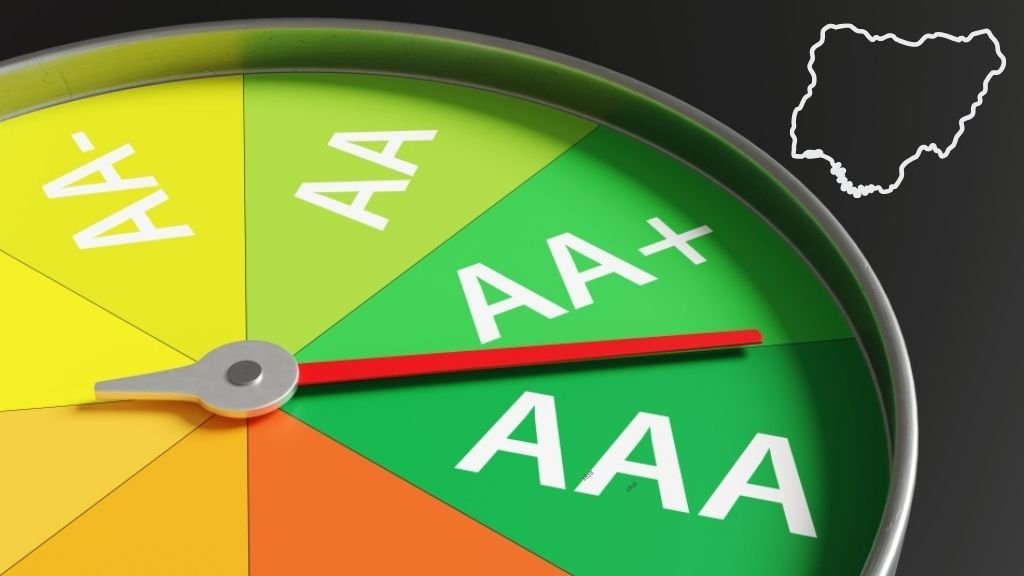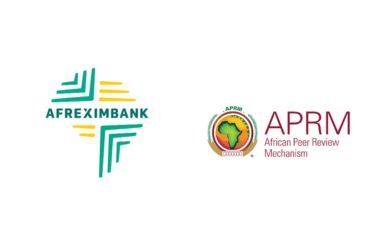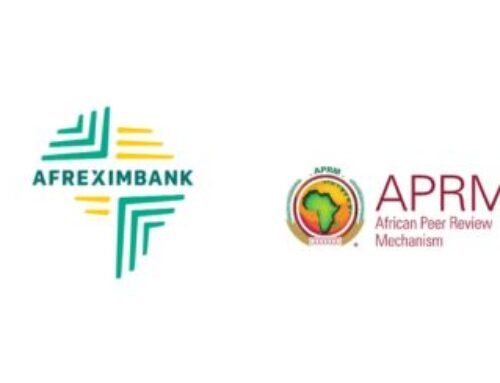
For Nigeria, the Issuer Default Rating (IDR) is a critical measure of the country’s financial stability and creditworthiness. As Africa’s largest economy navigates economic challenges, the IDR serves as a vital indicator for both domestic and international investors, shaping confidence in Nigeria’s ability to service its debt and attract capital.
The IDR evaluates the likelihood of a government or corporation defaulting on its financial obligations. It is assigned to a range of entities, including:
- Sovereign Governments.
- Corporations.
- Financial Institutions (Banks, Insurers, Leasing companies).
- Public Finance Entities (Local and Regional Governments).
A higher IDR signifies lower default risk, making borrowing easier and cheaper, while a lower IDR signals higher risk, often leading to increased borrowing costs.
In November 2024, Nigeria’s Long-Term Foreign-Currency IDR was affirmed at ‘B-‘ with a Positive Outlook. This rating reflects both the country’s strengths and ongoing challenges:
Strengths:
- A large and diversified economy.
- Relatively liquid domestic debt market.
- Abundant oil and gas reserves.
Challenges:
- Weak Governance compared to peers.
- High dependency on hydrocarbon revenues.
- Low, albeit improving, non-oil revenue.
- FX liquidity issues and rising inflation.
- Persistent security challenges.
Despite these hurdles, Nigeria’s progress in implementing reforms to enhance policy coherence and tackle FX liquidity problems has led to increased investor confidence.
Key Developments
- Economic Reforms: Reforms aimed at addressing FX challenges and formalising foreign exchange activities have bolstered investor sentiment.
- Improved FX Inflows:
- Foreign portfolio investments rose sharply in the first half of 2024, contributing to a recovery in international reserves.
- Official FX inflows reached USD48 billion in 1H24, compared to USD34 billion in 1H23.
These developments have supported stability and growth, creating opportunities for further improvements in Nigeria’s credit profile.
For investors, the IDR provides a snapshot of the risks associated with lending to or investing in Nigeria’s debt instruments.
- A higher rating signals reduced risk, attracting foreign investment and reducing borrowing costs.
- For international organisations such as the World Bank, a stable IDR improves the likelihood of securing loans and aid to support economic development initiatives.
Nigeria’s economic resilience and creditworthiness depend on sustained efforts to:
- Diversify the economy beyond oil.
- Strengthen Governance and fiscal management.
- Maintain stable FX reserves and tackle inflation.
A stable or upgraded IDR signifies progress toward economic sustainability and greater financial stability, benefiting both the government and investors.








Leave A Comment